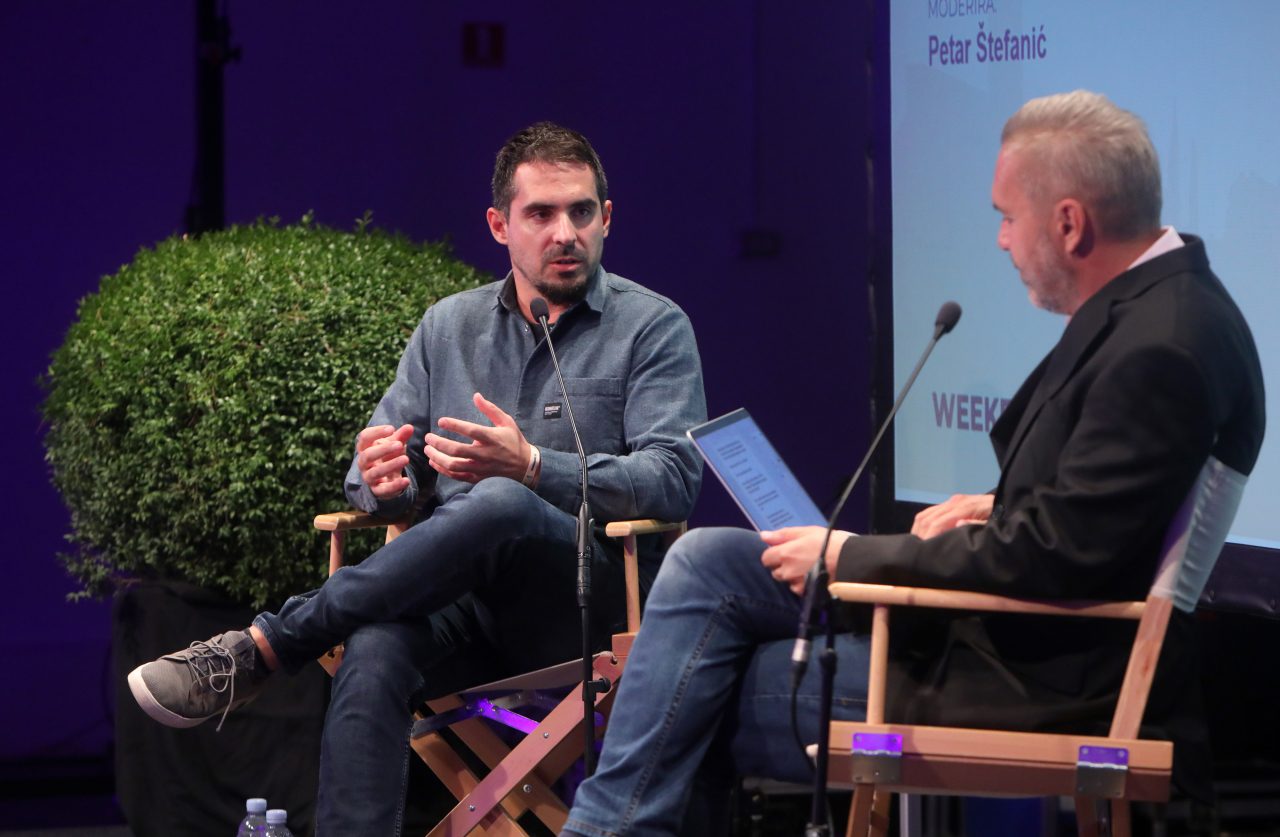A little over two years ago, Infobip, one of the leading IT companies in Croatia and this part of Europe, became the first Croatian unicorn – a company that is not listed on the stock exchange but which has a valuation of one billion US dollars. Ivo Novak, who has been working at Infobip for the last four years as the global head of growth marketing, sat down with Petar Štefanić in a 1 on 1 conversation to answer the following questions: What does Infobip actually do, what challenges does it face, what does the ideal employee at a unicorn look like, how do digital teams and employees develop, how did Infobip manage to bring Croatians back from Ireland, what does B2B marketing mean today, and what direction is advertising going in?
Theoretically speaking, digital and growth marketing are not synonymous, while in practice they are terms that overlap in 70-80% of situations. Growth marketing is most often used in IT companies focused on SaaS (Software as a Service) and the mobile industry. Before the advent of digital, classic marketing had a campaign approach that still works today in some segments. In growth marketing, a bunch of product iterations are done. It’s about testing a lot of small hypotheses individually, on a case-by-case basis. There are no annual and quarterly plans here, everything changes very quickly. In the IT and digital world, change is much more common. Products and approaches to the market are changing, and everything from last year can be thrown in the trash.
“You end the day in the afternoon just when the America market is waking up. I don’t have a classic working day. You get up in the morning and you start solving problems around the world. This is a big system with various challenges. And practically all the situations you come across in a day, you have never encountered before, which is quite demanding mentally. If I were to describe the profile of an ideal person in this job, they should definitely have a background in marketing. But this is not absolutely necessary. In our team we have psychologists, as well as a range of people who are technically well-versed. If a person does not have one of the mentioned backgrounds, they can be taught,” explained Novak.
Staff, staff, staff
“A large number of old school companies will redesign their website every 2 years. Big, successful companies don’t do that. Look at Facebook or Amazon. They are constantly making small changes and tracking the results. Nine out of 10 experiments fail. Nothing is written in stone. Why should we do something if we don’t know whether it makes sense?” said Novak.

He then referred to the already well-known lack of developers on the market. Young people don’t even know all the possibilities there are out there. That makes it difficult to get them interested in something. You turn over every stone and for some positions you already have 10 specialists. But in a relatively short amount of time you can reach a high level of knowledge – even a complete beginner who is willing to learn can compete for a salary of 10 to 12,000 HRK in only two or three years. Another issue, not related to personnel, are the rules of the game: GDPR and Privacy. In China, if you want to have a website, you literally have to get permission from the party. GDPR is challenging in itself, especially when you operate globally, but the current solution is to comply with one of the most restrictive ones. What can reduce the need for other types of data is first-party data, that is, information that the company collects directly from its customers. More and more companies will turn to this method and build their databases instead of investing in Facebook, Google or some other media company. Perhaps there will be some new TikTok that will need to fit into the whole equation, and it is believed that the ubiquitous use of cookies will fade out significantly in 2024. “I renovated my apartment last year and the internet was full of ads for washing machines and drywall. Sometimes it’s just a coincidence. I honestly don’t believe that Facebook listens to what we say. They can technically get access to your microphone, but there’s more to it. The benefit they would receive from recording our conversations is not as great as the cost would be if it were revealed. There are various theories, but I don’t believe in them. Deleting cookies is a double-edged sword – this is how you get ads for bunions. Isn’t it better to get what you are interested in?” concluded Novak.










